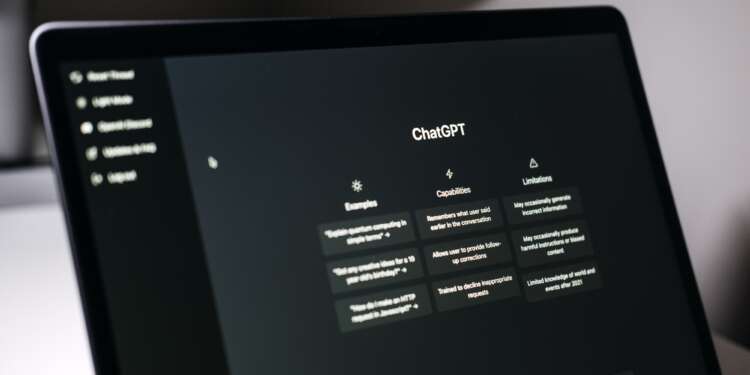An investigation has been launched into OpenAI, the artificial intelligence firm that launched ChatGPT, over concerns that the application might be putting consumers’ personal data at risk.
The probe, announced by the US Federal Trade Commission (FTC) last week, will determine whether ChatGPT violated consumer protection laws with its rather impressively instant responses to questions submitted by users.
ChatGPT, an artificial intelligence chatbot used worldwide for gaining real-time assistance, took the world by storm in November last year with its remarkable ability to offer instant answers in response to wide-ranging queries on various subjects.
Although the chatbot grew popular overnight among consumers and businesses for the accuracy in its responses, it did attract a slew of concerns for occasional wrong answers. Tech regulators and experts also voiced concerns over potential challenges of violation of personal data and the spread of misinformation on a larger scale as the use of the application burgeoned globally.
In a recent development, however, the FTC has sought extensive records from OpenAI on how the startup responds to risks associated with its AI models. The competition watchdog will investigate whether OpenAI engaged in unfair or deceptive practices that caused “reputation harm” to consumers.
The FTC’s notice calls for the company to explain what measures it has taken to address its products’ potential to “generate statements about real individuals that are false, misleading, or disparaging”. The one particular example highlighted in the notice is that of ChatGPT wrongly accusing a US law professor of sexual harassment, citing a Washington Post article that does not even exist.
Moreover, the FTC demands that OpenAI disclose the data deposited to train its predictive text models for ChatGPT. OpenAI, however, has yet to provide any concrete information as to how it trained its language models using large amounts of data from the internet. This has led to several lawsuits being filed against the ChatGPT maker on charges that it “scraped” data from online resources.
Billionaire Elon Musk, who now owns Twitter, recently limited the number of tweets users can view a day, citing data scraping by AI startups as one of the primary reasons. The FTC’s investigation will require OpenAI to establish whether the company obtained its data directly from the internet or onboarded a third-party company to purchase it.
The agency also demands to know whether OpenAI took any measures to protect the inclusion of consumers’ personal information in its training processes.
OpenAI has yet to respond to the investigation.





